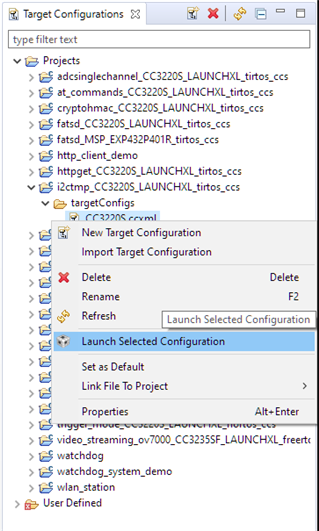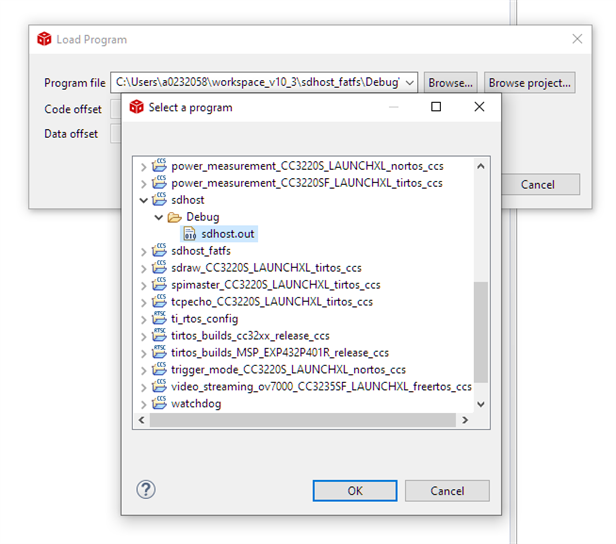Other Parts Discussed in Thread: BOOSTXL-SHARP128, CC3200
We have a custom board with a CC3235S with a SD Card connected via the GPIOs.
We face a serious issue in the SD card communication where some commands (writes) to the SD Card either freeze (never returns) or returns SD_STATUS_ERROR.
We've traced the error to the SDHostCC32XX_write implementation in SDHostCC32XX.c: If the buffer is NOT word aligned, the call fails (else case of the "if (!(((uint_fast32_t)buf) & 0x03))" condition in line 716). We're using FreeRTOS and the 4.x Simplelink SDK (even tried the 5.x, without success).
We've already ruled out a FatFS issue by using direct SD access. We also tried multiple different sizes and brands for the SD card without success. Unfortunately, we don't have a Booster Pack with SD slot for a Launchpad at hand to reproduce the issue on a platform other than our custom board.
We've provided a minimal test case (see attached file) to reproduce the issue. Could you please have a look and help us to isolate and resolve this issue? Any help is greatly appreciated.



